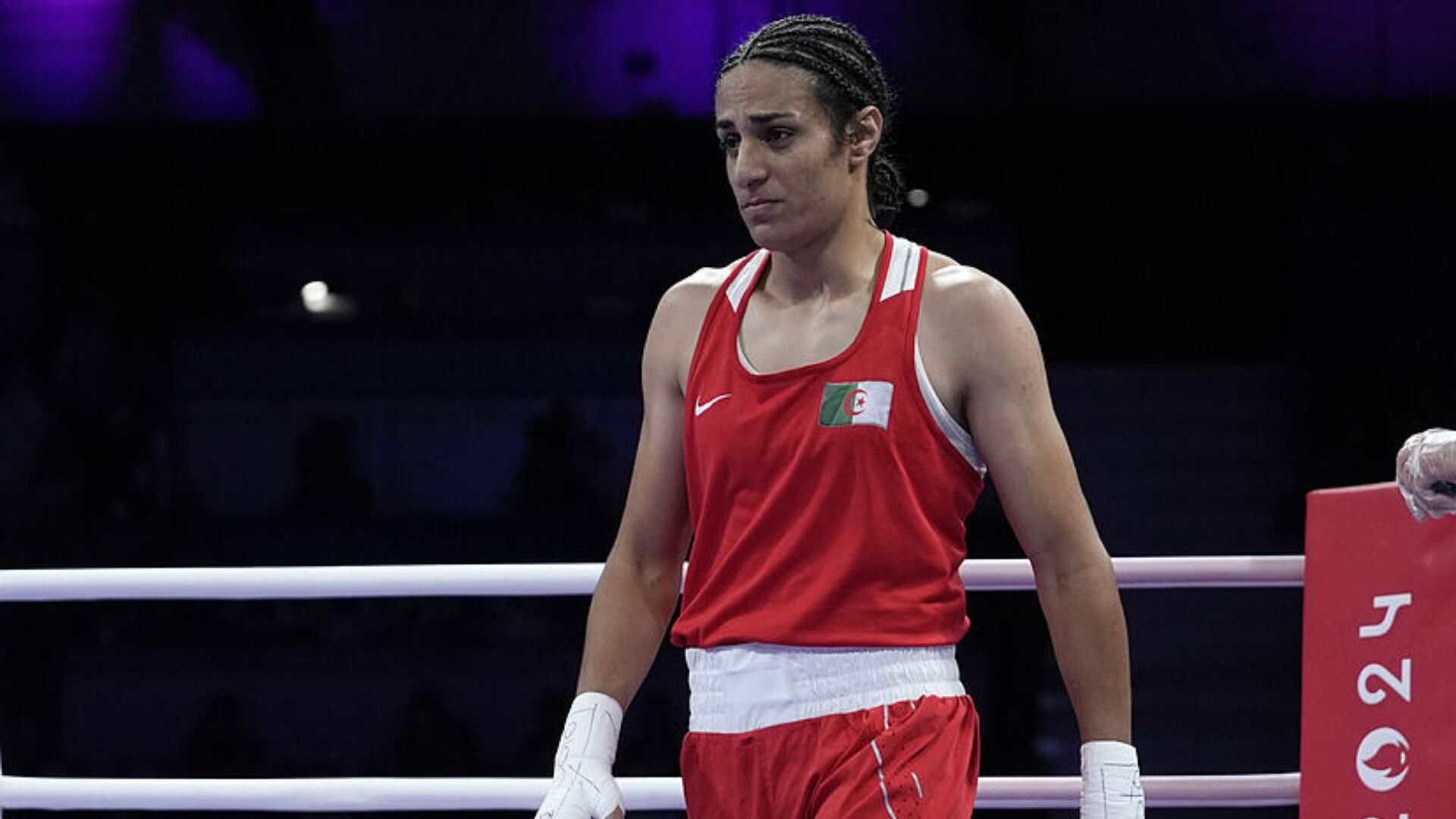The Paris Olympics faced a significant controversy in women’s boxing when Algerian boxer Imane Khelif was accused of being a ‘biological male’. This led Italy’s Angela Carini to withdraw from their match after just 46 seconds.
Carini later apologized, citing her frustration over her dashed gold medal dreams, but the incident sparked heated debates on social media about Khelif’s gender status. Some media reports indicated that the International Boxing Association (IBA) had found Khelif to have XY chromosomes, thus questioning her eligibility for the women’s event.
Understanding Chromosomal Makeup
Experts explained that Khelif may have a deficiency in 5-alfa reductase (5-ARD), meaning she was conceived as a boy with XY chromosomes but developed female physical characteristics. This condition, though rare, is not unique. In 2016, Danish researchers mapped the number of women who are genetically male, discovering a higher-than-expected proportion. They found that out of every 100,000 live-born females, 6.4 are genetically male but grow up as girls, often only realizing their condition during puberty or when trying to conceive.
The Science Behind Chromosomes
Sex chromosomes typically determine an individual’s gender, with women being XX and men being XY. However, exceptions exist. Experts noted that individuals with disorders of sex development (DSD) might not align with typical chromosomal patterns. For instance, some females with XY chromosomes can appear female due to mutations affecting testosterone’s functionality. These cases highlight the complexity of using chromosomes alone to determine gender, as factors like hormone production and sensitivity also play crucial roles.
The Need for Diverse Sporting Rules
The controversy surrounding Khelif underscores the complexity of categorizing athletes based on gender, hormones, or chromosomes. Experts emphasized that testosterone, a central hormone in such disputes, affects individuals differently. Current rules require testosterone levels to be below 5nmol/l for eligibility, but experts argue that this is insufficient.
Instead, a spectrum approach considering various physiological markers might better reflect human biological diversity and ensure fairer competition. This nuanced perspective could help mitigate exclusion or discrimination against athletes with atypical hormonal or chromosomal profiles.























